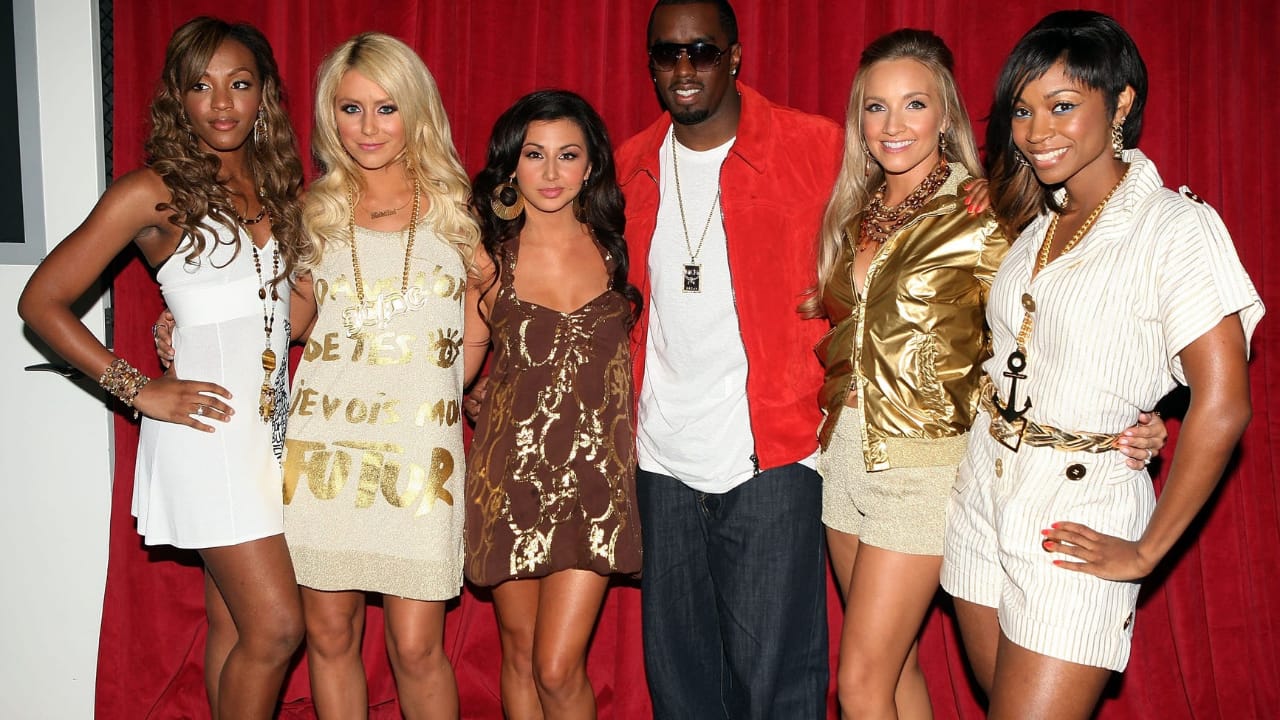Aubrey O’Day and D. Woods, former members of Danity Kane, reunited this week for a candid, no‑holds‑barred discussion about their time with Sean “Diddy” Combs.
They appeared together on the “Amy & T.J.” podcast, marking the first time they’ve spoken publicly since their whirlwind split from the group. During the 52-minute episode, the pair reflected on the intense environment behind the scenes of Making the Band and how it shaped their careers. D. Woods opened by recalling the mind games she faced, adding that she felt compelled to speak now as the spotlight lands on Diddy’s ongoing legal troubles.
From Mind Games to Speaking Out
D. Woods described the tension, claiming Combs frequently subjected the group to verbal abuse and body‑shaming. She said he treated them “like a piece of meat” and made them feel unsafe when alone. Woods confessed she remained silent for years, but now refuses to let fear silence her.
Meanwhile, O’Day criticized Combs’ courtroom strategy during his sex‑trafficking trial, condemning him for involving his children as part of his defense. She denounced the move, saying no father should put his kids through such a spectacle. On the podcast, she underscored her outrage and refused to mince words.
Why Now? Truth Over Silence
Podcasters Amy Robach and T.J. Holmes asked why the timing felt right for this reunion and revelation. O’Day responded that speaking out now contributes to the broader reckoning around Combs. She explained that voicing the truth, even after years, helps dismantle the culture of silence.
Woods echoed the sentiment, noting that staying quiet didn’t change anything. She wanted her story heard, believed, and said the ongoing legal context provides a platform where her truth matters.
More Than a Reunion — It’s a Reckoning
Their conversation didn’t just revisit old wounds, it pointed to ongoing healing. They revisited 2008, when Combs abruptly ousted both women from Danity Kane during the finale of Making the Band after a heated exchange.
Now, nearly two decades later, they challenge the silence that made their pain invisible. They believe exposing those past manipulations helps other survivors regain their voices and confront long‑buried trauma.




